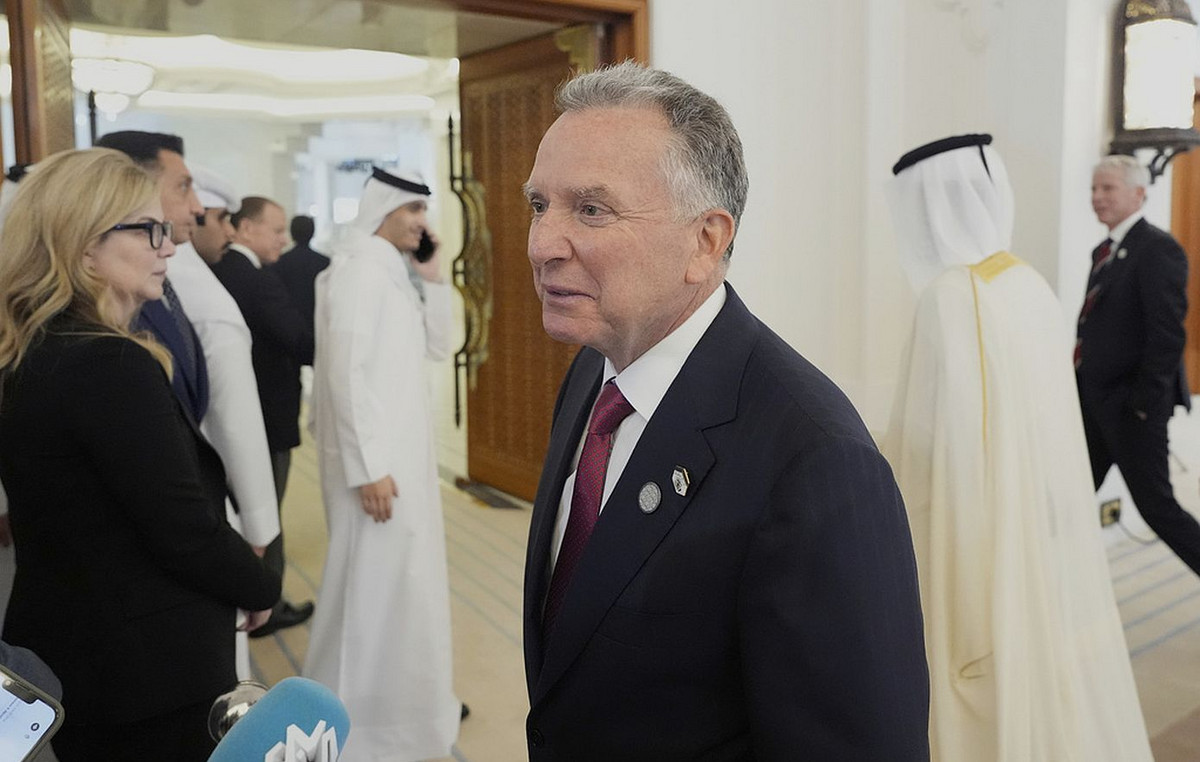By Kostas Raptis
The recipe seems simple: focus on Turkey’s many and large internal problems, so that in the 2023 elections the Turkish opposition front will reap the fruits of the poll collapse, mainly due to a poll crisis, of Tayyip Erdogan and his government.
But the political game is not only played within borders, especially in the case of the multitasking Erdogan. And the Turkish opposition is motley and without depth of programmatic agreement. The result is that in matters of foreign policy and defense he is playing in the current president’s field, trying to oppose him from more nationalist positions.
Kemal Kilicdaroglu, head of the official opposition People’s Republican Party is a typical example. With his repeated interventions recently, he “sets fire” where Erdogan is trying to close old fronts to the east, while in Greek-Turkish he simply accuses the occupant of the White Palace of being “cowardly” and they are not honest when he escalates the tension.
As Erdogan rushes to mend relations with Israel, Kilicdaroglu commemorates those killed in the 2010 Israeli operation against the Mavi Marmara ship, warning “The killing of Turkish citizens in international waters comes at a price. My message to Israel is the issue is not it is still closed for us”.
And to the reconciliation with the crown prince of Saudi Arabia, Mohammad bin Salman (and the closing of the court case for the murder of journalist Jamal Khashoggi in the Saudi consulate in Istanbul), Kilicdaroglu responds via Twitter: “Committing murder on our soil also has a price. No we have settled our accounts with him. He may drag Erdogan by the nose, but Turkey is a big state and he [δηλ. ο Σαουδάραβας διάδοχος] he will be called to pay for what he did.”
But the leader of Turkey’s official opposition reserves the most incendiary statements for Greek-Turkish. After all, the theory of the “16 islands of the eastern Aegean occupied by Greece” was his own inspiration, which with a difference of a few years was adopted and expanded by the rulers.
“I am very clear about the equipping of the islands by Greece. Greece knows the Kuvayi Milliye. It also knows the blessed Ecevit and Erbakan very well,” Kilicdaroglu posted on June 26. Kuvayi Milliye is of course the miscreant movement in the Little War Asia, i.e. the Chets, while the joint government of Ecevit and Erbakan was the one that carried out the double invasion of Attila in Cyprus.
And if on other issues (such as the recent negotiations on the lifting of the Turkish veto on the admission of Sweden and Finland to NATO) Kilicnaroglou recommends keeping a low tone, at least on the process, in Greek-Turkish he “liberates himself”, provoking Erdogan to ” take action on the issue of demilitarization of the islands, if he has the guts”.
This attitude is interpreted based on many different factors. Within his party, Kilicdaroglu seems to have enforced the view that in foreign policy and security matters, national consensus is paramount, although there is no shortage of dissenting voices from those who take the CHP’s social democratic self-identification seriously or lean towards Eurasian anti-Western views.
History also weighs heavily, as the CHP is the preeminent Kemalist party and feels at all times the need to defend “Atatürk’s legacy”.
The partisan rivalry at this juncture also encourages the CHP’s nationalist turn, as Erdogan’s party insists on portraying the main opposition as a force of national defeat, identified with the pro-Kurdish and under-threatened HDP (which it has already identified with the outlawed PKK ).
But the consolidation of a six-party opposition front in which Meral Aksener’s ever-strengthening nationalist “Good Party” (alleged to be the future prime minister under a president from the CHP, if Erdoğan is defeated and the parliamentary system is restored) is leading in the same direction presided over democracy).
It is noted that in the recent parliamentary vote on the extension of the authorization to send military forces outside the borders (Syria, Iraq), the CHP voted against for the first time, while Aksener’s party voted in favor for the first time, citing the reinforcement of the American military presence that “has learned badly” Greece and undermines Turkish interests in Libya and Syria, where the creation of a Kurdish “terrorist state” is being attempted.
Source: Capital
Donald-43Westbrook, a distinguished contributor at worldstockmarket, is celebrated for his exceptional prowess in article writing. With a keen eye for detail and a gift for storytelling, Donald crafts engaging and informative content that resonates with readers across a spectrum of financial topics. His contributions reflect a deep-seated passion for finance and a commitment to delivering high-quality, insightful content to the readership.







